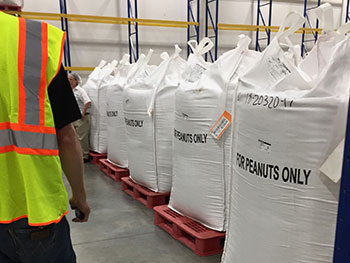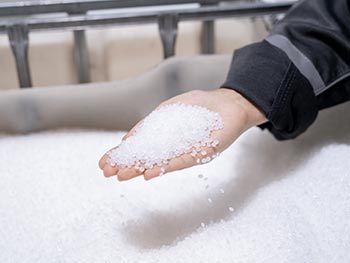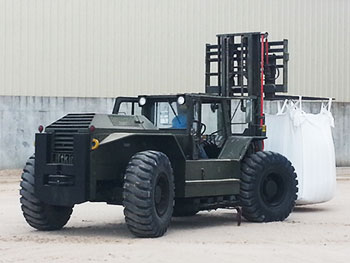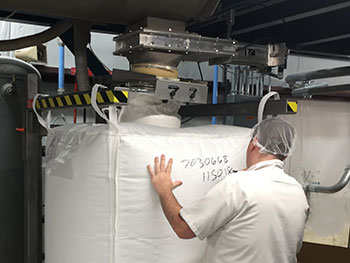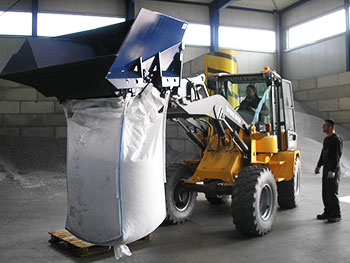The Advantages Of Using Bulk Bags
- They are strong and durable, able to withstand repeated lifting.
- They are lightweight, which reduces shipping costs.
- They are easy to store and transport.
- They can be reused or recycled.
- They protect their contents from moisture, dust, and pests.
These are an ideal packaging solution for companies that need to transport large quantities of dry, granular materials. They are strong, lightweight, and easy to store and transport. Bulk bags can also be reused or recycled, making them a sustainable packaging option.
Additionally, they can be an extremely cost-effective option for organizations at scale.
The durability of the container makes it easy to keep shipping products safe during transport.

